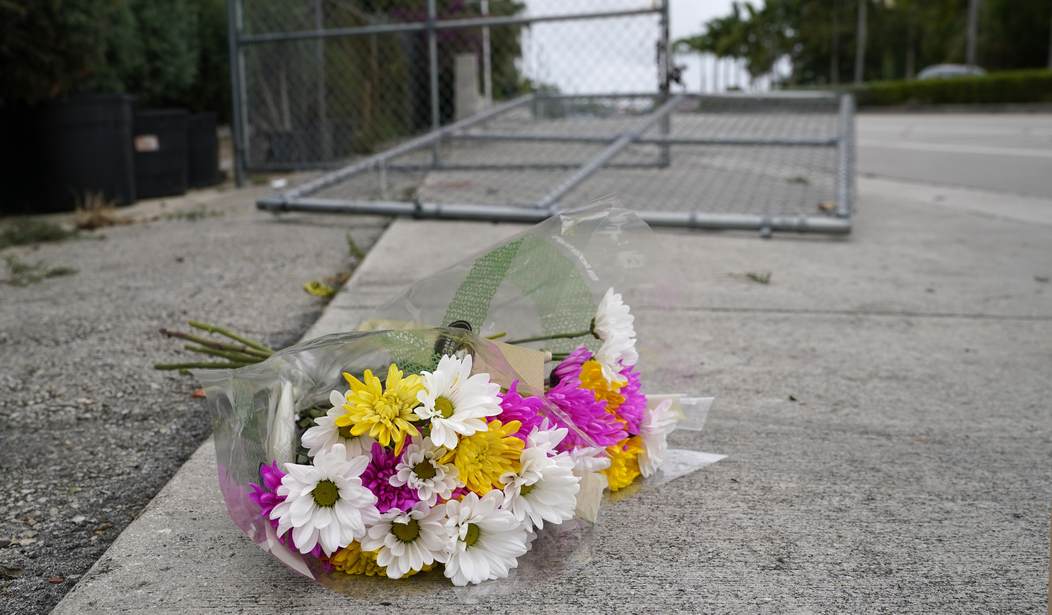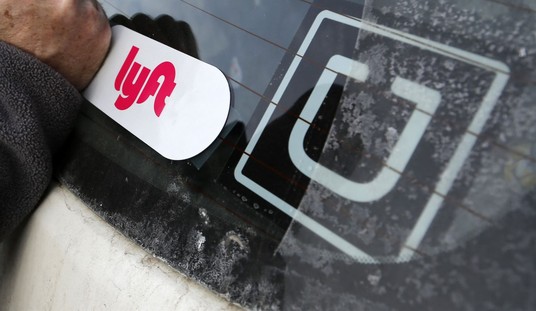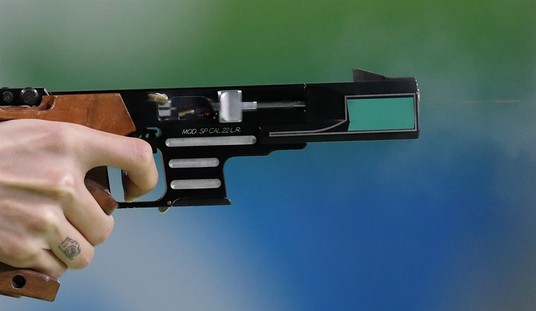Presumably the $50-billion would be spent across the country, but Congressman Dwight Evans is choosing to highlight Philadelphia’s rising violent crime rate as the chief beneficiary of his proposal. What’s most interesting about Evans’s plan is that it does not specifically include any new gun control laws, which will come as a surprise to those who’ve followed his political career since his days as a state representative.
That being said, there’s also not a lot of new ideas in Evans’ plan, which instead largely focuses on increasing funding for law enforcement, job programs, and city beautification efforts.
- Encouraging the use of evidence-based strategies by local law enforcement agencies.
- Investing $1 billion in local police departments to increase clearance levels for fatal and non-fatal shootings.
- Investing $40 billion in employment and workforce development agencies and organizations.
- Investing $5 billion in community-based violence intervention initiatives.
- Increasing resources for the Bureau of Alcohol, Tobacco, Firearms, and Explosives (ATF), the Federal Bureau of Investigation (FBI), the Drug Enforcement Administration (DEA), and the U.S. Marshals Service to prevent and respond to gun violence.
- Investing $5 billion to reduce blight and improve city environments.
- Increasing coordination and collaboration of federal, state, and local agencies and organizations.
I’m curious to know what “resources” would be increased to federal agencies to “prevent and respond to gun violence,” since that’s the most obvious area where Evans could try to direct federal funds to gun control efforts, but unfortunately the congressman’s plans are awfully light on the details.
There is at least one idea floated by the Democrat that I can get behind: targeted policing.
According to Evans’ plan, evidence-based strategies should focus on hotspot areas. An investment in holding intervention groups with criminals and including family members and victims’ families. The plan also suggests community support, availability, and access to programming that deters people from making criminal decisions and a community-based board to review progress and performance measures.
“Deterrence may include information on the penalties and negative impacts on the individual and their peers for engaging in violent behavior,” Evans said in his plan. “Research has shown that focusing on dissuading groups from participating in criminal behavior is more effective than strategies that are strictly focused on deterring individuals.”
According to Evans, 2 percent of Philadelphia is known for involvement in 80% of the city’s gun violence, so he suggests a targeted hotspot approach.
“This type of directed policing may be more effective and have the least negative impact on community members when paired with problem-oriented policing (POP),” Evan’s said in his plan. However, to deploy these strategies, he says grants will be needed.
The only thing about this particular portion of Evans’ plan that I disagree with is his assertion that federal grants are needed to put this kind of targeted deterrence in place. Dallas, Texas adopted this strategy last year without the need for billions of dollars in new spending, and saw its homicide rate decline by 30% afterwards. There’s absolutely no reason why Philadelphia couldn’t implement this same tactic today if police commissioner Danielle Outlaw wanted to.
Another area of Evans’ proposal that has some merit is the idea of focusing on improving clearance rates for both homicides and non-fatal assaults, which is something I’ve previously written about here. Evans and fellow Democrat Rep. Val Demings have introduced a bill called the VICTIM Act that would establish grants for police departments to hire more investigators and to increase training on investigative techniques and practices.
As far as Democrat-introduced bills go, I’ve seen worse, though again, I don’t think that simply throwing money at the problem is necessary. Most of the strategies that are highly successful in reducing violent crime don’t take a massive influx of cash, and one of the problems with using federal grants (besides the fact that the federal government is already spending far beyond its means) is that the money eventually runs out, and often those programs die along with the grant’s expiration.
It’s also important to point out that while Evans’ plan, as introduced, does not include any new gun control laws, both he and his allies like Philadelphia Mayor Jim Kenney are still vocally opposed to folks exercising their Second Amendment rights, as Kenney made abundantly clear during today’s press conference with the congressman.
“This nation is the most armed nation in the history of the world,” Kenney said. “And we are not safe. Recently came back from Europe, Madrid. Walked around the city of Madrid around midnight, 1 in the morning, knowing that the only people holding a gun were police. And I felt liberated and safe. There’s too many guns here.”
There are more people with illicit guns in Madrid than Kenney realizes, though most of them are in the hands of criminals given Spain’s draconian gun control laws. I do appreciate the mayor’s candor, however, since it does serve as a valuable reminder that no matter how much Democrats like himself or Dwight Evans may talk about the need to improve policing, at the end of the day their anti-violence efforts revolve around stripping law-abiding citizens of their Second Amendment rights.









